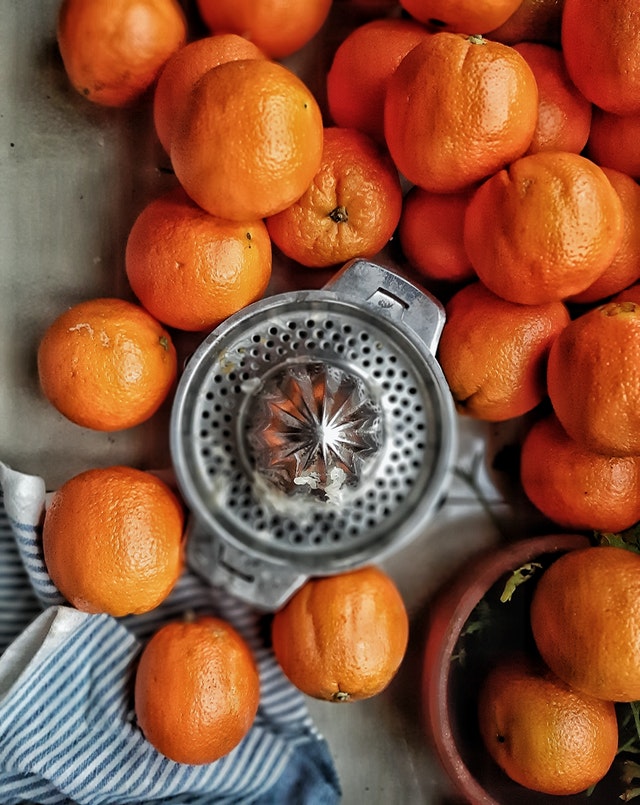
Diabetes is a lifestyle disorder. It is extensively divided into kinds –
- Type 1 – seen in adolescents. The pancreas either produces insufficient or no insulin in this condition.
- Type 2 – this type is seen in adults. In this condition, the individual’s body resists insulin, and it is also known as insulin resistance diabetes.
If you experience any of these symptoms, it is advisable to visit a diabetes specialist. Especially in times like today, when there are diseases like COVID-19 sprouting up. Having unmanaged underlying health conditions compromises your immunity and puts your health at risk.
Diabetics are mostly asked to avoid sweet foods as a blanket rule, but there are multiple other things that they forget to do. Here are 11 things you are forgetting to do:
- Choose complex carbohydrates – In times of processed and convenience food, choose the old-school options. Choose whole grains over refined options. Processing eliminates most nutrients from the grains, and simple carbohydrates are all that is left behind that is responsible for fluctuating blood sugars. Choose whole grains such as wheat, rice, jowar, bajra in your diet.
- Natural sugar over sweeteners – Having diabetes does not imply restricting everything that tastes sweet. You can relish whole fruits in moderate portions. Since they are natural and are rich sources of fibre, they do not cause blood sugar spikes. Choose whole fruits over juices, candied fruits, or products such as jams, jellies, marmalades, etc. Avoid foods that contain added sweeteners such as sugar, honey, jaggery, etc.
- Add more fibre to your meals – Add more portions of vegetables to your meals for fibre content. Fibre helps with satiety and helps in preventing blood sugar spikes. It is recommended to consume 25-35 gm of fibre each day. It also aids digestion. Add more vegetables in the form of salads, sauteed vegetables, unstrained soups, and other vegetable preparations. Make sure 50% of your meals are vegetables.
- Include good quality protein – Indian meals are most times deficient in protein. Since carbohydrate intake is limited, a good quantity of protein is crucial for satiety in a meal. Include high biological value protein sources in your meal, such as lean meats, eggs, fish for people who prefer non-vegetarian options. Vegetarian options include nuts and seeds and low-fat dairy options such as curd and paneer.
- Swap processed meats with fresh meats – There is a variety of convenience foods available in the market today. Since they save time and are rich in protein, they can seem like a good idea, but processed meats come with a different set of risks. They increase the risk of heart diseases. Choose fresh seafood or lean cuts of chicken over products such as sausages, smoked chicken, ham, bacon, etc.
- Add good fats to your diet – Good fats or Omega-3 fatty acids are essential fats that your body needs. These cannot be produced in your body. They have to be obtained through food. Omega-3 fats are said to increase insulin sensitivity and reduce the risk of comorbidities. You can obtain good fats from nuts such as walnuts, almonds, seeds, fish, vegetable oil, and olive oil.
- Choose healthy snacks – Snacking is mistaken to be unhealthy for people with diabetes. Truth be told, including healthy snacks can actually help maintain stable blood sugar levels. They contribute to nutrient intake and help you with hunger pangs. Choose snacks that provide proteins, fats, and fibre, such as unsweetened yoghurt, nuts, sprouts, buttermilk, and boiled eggs.
- Go low on salt – Diabetics are at an increased risk of high blood pressure or hypertension. Excessive consumption of salt contributes to it and results in elevated blood pressure. Limit yourself to about one teaspoon of salt each day. Also, avoid consuming pickles, chips, and other packaged foods that are high in salt. Ready to cook foods also contain excessive amounts of salts.
- Keep moving – Regular physical activity is crucial for people with diabetes. A good workout keeps the stress away and helps you shed those extra kilos. It keeps your blood sugar, blood pressure, and cholesterol in check, thus minimizing the risk of those comorbidities. Make a 30 minutes slot for a workout in your daily routine and stick to it. Additionally, avoid sitting in a place for more than 2 hours.
- Check your blood sugars regularly – Make sure you regularly check your blood sugar levels every once in a while. It helps you understand your body better, so you can make changes in your lifestyle accordingly. Note down the sugar levels with the date and time of when you check them to keep track of the sugar level and how food and activities affect it.
- Consult your sugar doctor specialist – Consult your doctor every once in a while regularly. Your doctor needs to recognize your blood sugar stages. A routine check-up can help prevent other comorbidities. Ensure you get yourself checked for eyes, foot check-up, kidney function, blood pressure, heart health, and nerve damage at least annually.
The times are challenging due to the ongoing coronavirus pandemic, and it is incredibly crucial to take care of your health and manage your underlying health conditions. Book your appointment today at Best hospital for diabetes in Coimbatore (https://www.sriramakrishnahospital.com/majordepartment/diabetology-and-endocrinology/) and get yourself checked.














